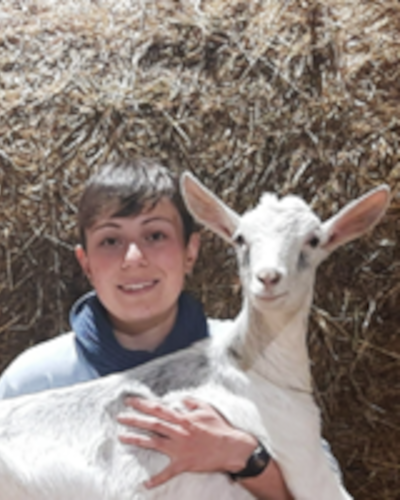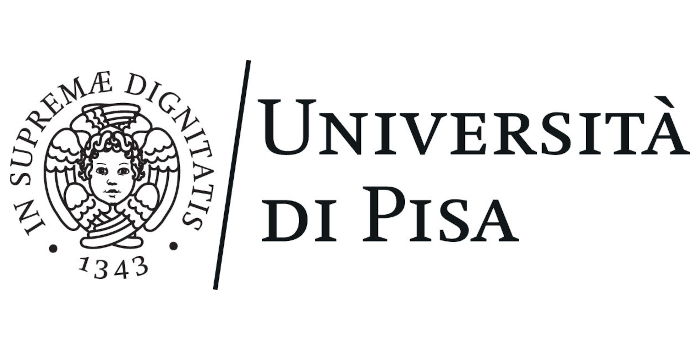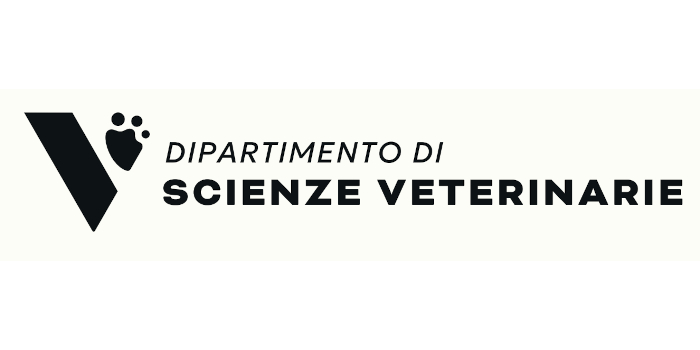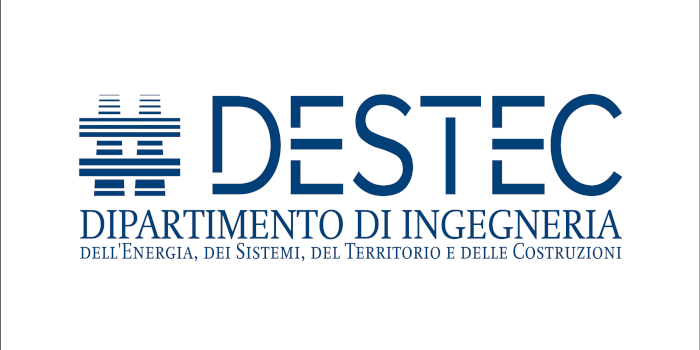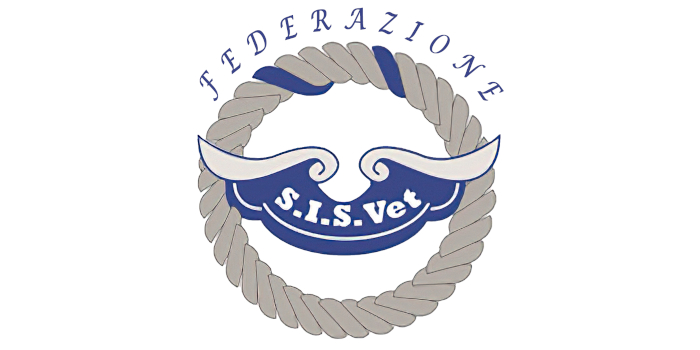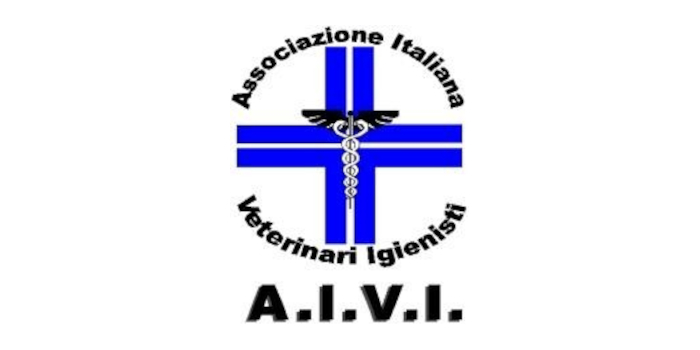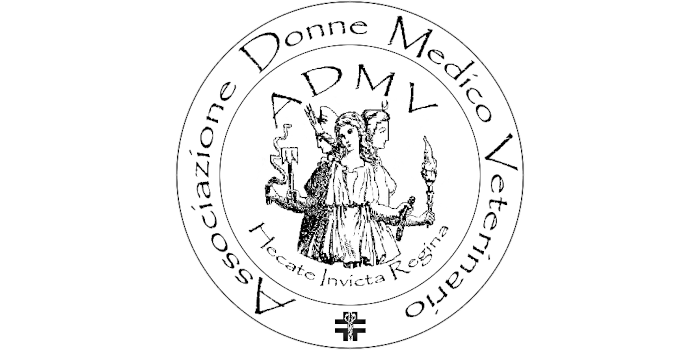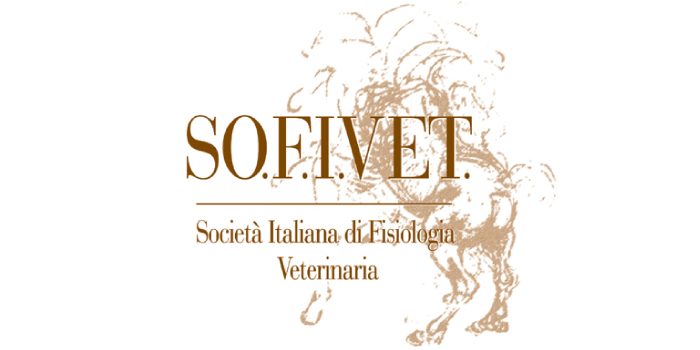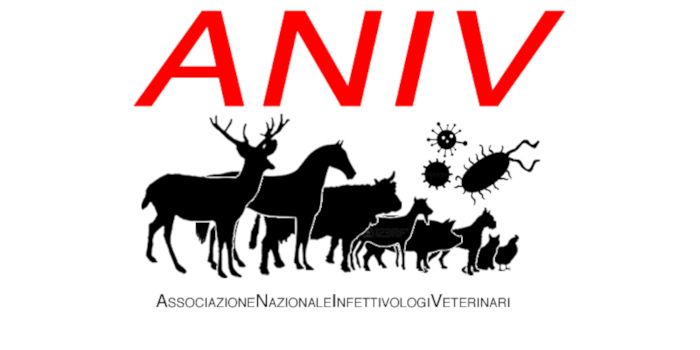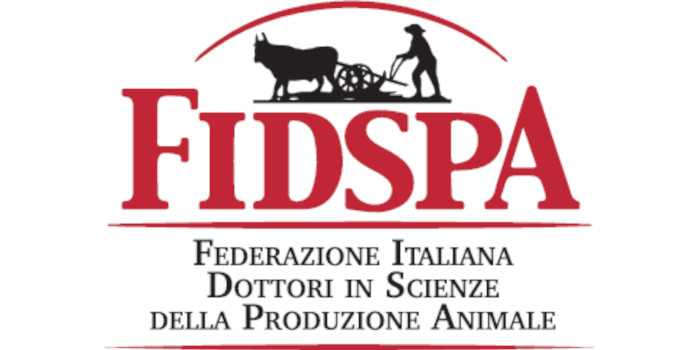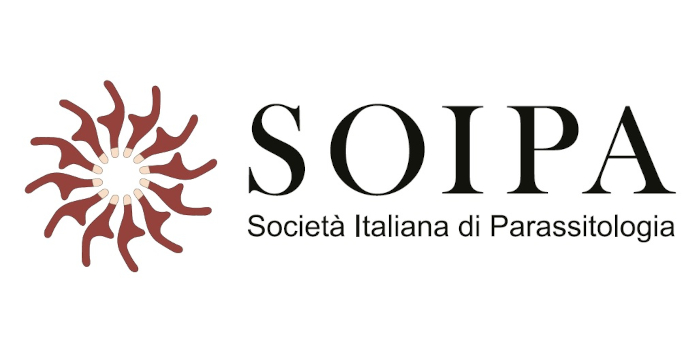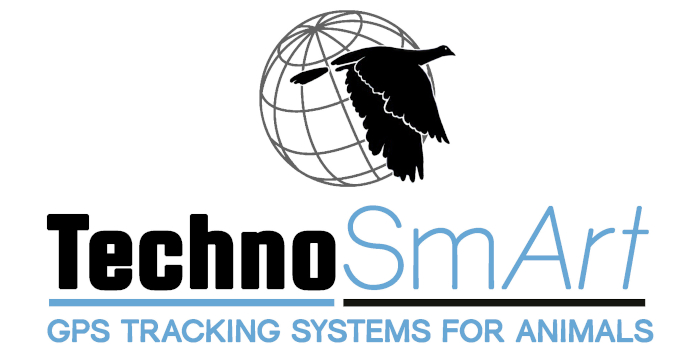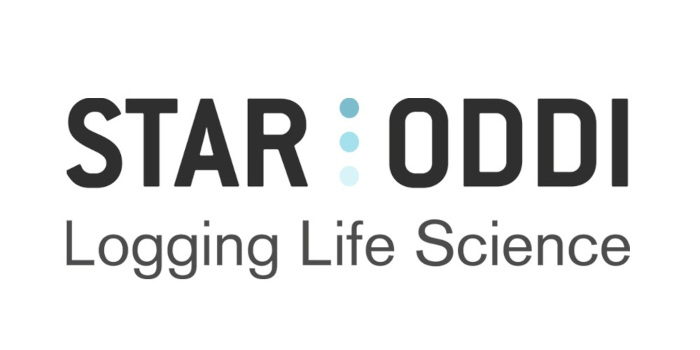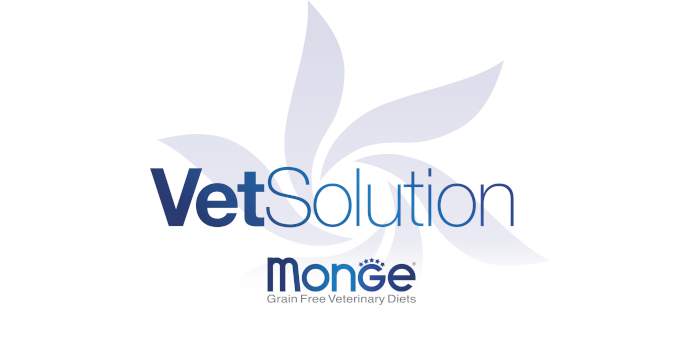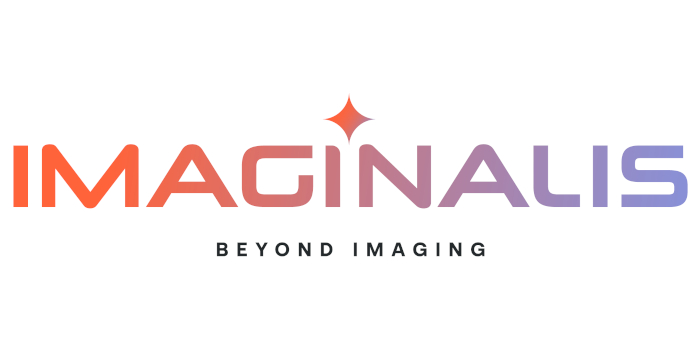SPECIAL SESSION #2
Physiological measurements of animal welfare
ORGANIZED BY
Olimpia Barbato
University of Perugia, Italy
Laura Menchetti
University of Camerino, Italy
Giulio Curone
University of Milano, Italy
Stella Agradi
University of Torino, Italy
Alda Quattrone
University of Milano, Italy
Nour Elhouda Fehri
University of Milano, Italy
ABSTRACT
The assessment of animal welfare through physiological measurements is essential for promoting animal health and ensuring sustainable production practices. Monitoring welfare with physiological indicators provides an objective understanding of animals' physical and emotional states, which is key to addressing both positive and negative welfare experiences. Traditional biomarkers, including heart rate variability, cortisol levels, and immune responses, have long served as reliable measures of stress and well-being. Recent advancements, however, have expanded the scope of these assessments. Non-invasive techniques, such as saliva and hair sampling, now allow for less intrusive monitoring of stress markers and offer different evaluation time windows. Additionally, newer indicators like oxidative stress markers, alternative hormones, and metabolites beyond glucocorticoids are increasingly used to capture a fuller picture of an animal’s welfare status. These measures are also enhanced by data science applications, which enable the analysis of large datasets, revealing trends and patterns in animal health and welfare over time. This session will explore these tools and their integration, presenting evidence and methodologies to build a welfare framework that aligns animal well-being with sustainable, productive practices. Such an approach emphasizes the link between welfare, health, and productivity, promoting a holistic and ethically responsible vision for animal care.
ABOUT THE ORGANIZERS
Olimpia Barbato, graduated in Veterinary Medicine, obtained a PhD in Animal Reproductive Physiology. Assistance Professor in Veterinary Physiology Assistance Professor in Veterinary Physiology. The scientific activity is aimed at the physiology of reproduction in livestock species. Main topics: monitoring of pregnancy and placental alterations through the isolation and characterization of placental proteins and development of species-specific hormone assays for PAGs (pregnancy-associated glycoproteins) study of oxidative stress as a possible contributing cause of deficit in reproductive performance. The methodological approach encompasses the design preparation and utilization of experimental animals, in addition to the deployment and calibration of RIA and ELISA analytical techniques for hormone assays, and the application of molecular biology for the quantification of gene and protein expression. She is a member of the editorial bords of animal reproduction. Author of more than 100 papers. She participated in National and International research projects.
Laura Menchetti, graduated in Animal Production Science, obtained a PhD in Animal health, zootechnical productions and food safety, and a master's degree in Biostatistics for clinical research. She is now a fixed-term research fellow B in Veterinary Physiology at the School of Bioscience and Veterinary Medicine, University of Camerino, where she teaches physiology, ethology, and animal welfare in the Veterinary Medicine and Animal Welfare Technician courses. She is the author of more than 100 scientific publications and participates in National and International research projects. She is interested in animals' physiological responses to various nutritional and environmental challenges, animal welfare, its evaluation, and its intersection with behaviour, physiology, and performance in both livestock and pets.
Giulio Curone, graduated in Veterinary Medicine and specialized in "Science and Medicine of Laboratory Animals." He obtained a Ph.D. in Veterinary and Animal Science (XXXI cycle) from the University of Milan. Currently, he serves as a Postdoctoral Researcher at the Department of Veterinary Medicine and Animal Science at the University of Milan (SSD VET02). He engages in teaching and practical activities for students in both Veterinary Medicine and Animal Science, as well as for postgraduate programs. He is the author of over 50 scientific publications, with primary research topics including livestock species physiology, lactation physiology, ruminant metabolism, and reproduction.
Stella Agradi, graduated with a master’s degree in veterinary medicine and obtained a PhD in Veterinary and Animal Sciences at the University of Milan with the thesis “Physiological approach to the study of autochthonous small ruminants breeds of Italy”. She has been an adjunct professor for the University of Camerino teaching Elements Of Animal Physiology, Endocrinology And Ethology for the Animal Welfare and Production Technique course, and is now a research fellow at the University of Turin for the PRIN2022 3Rs-Rethink Rural Rabbits project. Her research interests lie in animal physiology, reproduction, endocrinology, welfare and livestock biodiversity, especially of goat and rabbit. She is the author of 28 scientific publications on indexed journals and participates in National and International research projects.
Alda Quattrone, graduated with a bachelor’s degree in animal science and a master’s degree in veterinary medicine from the University of Perugia, she is currently pursuing the PhD program in Veterinary and Animal Sciences (39° cycle) at the University of Milan. Her research interests lie in animal physiology, reproduction, endocrinology, and welfare. She has contributed to several scientific publications, with a primary focus on animal physiology and its applications to improve health and welfare in animals
Nour Elhouda Fehri, graduated as a Bachelor’s Degree in agricultural sciences then obtained an engineering degree in animal production from the University of Carthage, Tunisia - Higher School of Agriculture of Mateur. She obtained a Ph.D. in animal production from the University of Jendouba, Tunisia. Currently, she serves as a Postdoctoral Researcher on the PRIMA project (Omega Rabbit) at the Department of Veterinary Medicine and Animal Science at the University of Milan, Italy (SSD VET02). She has several scientific publications on topics including Animal Nutrition, Dietary Supplements, Animal Physiology, Animal Production, Meat Quality, Farming Systems.





